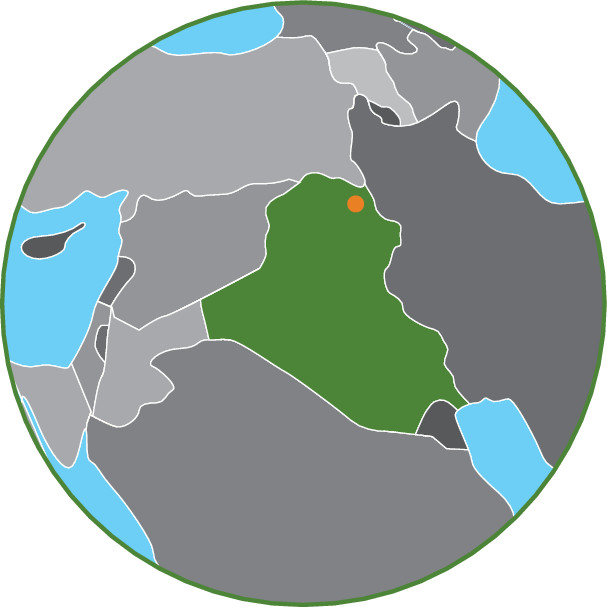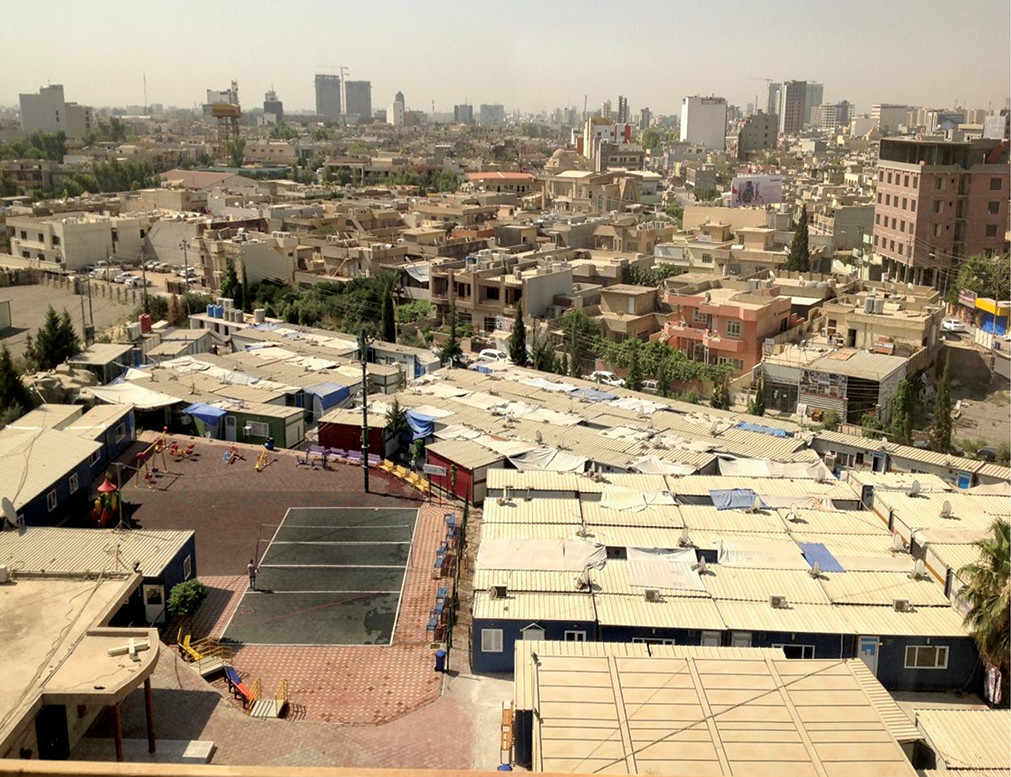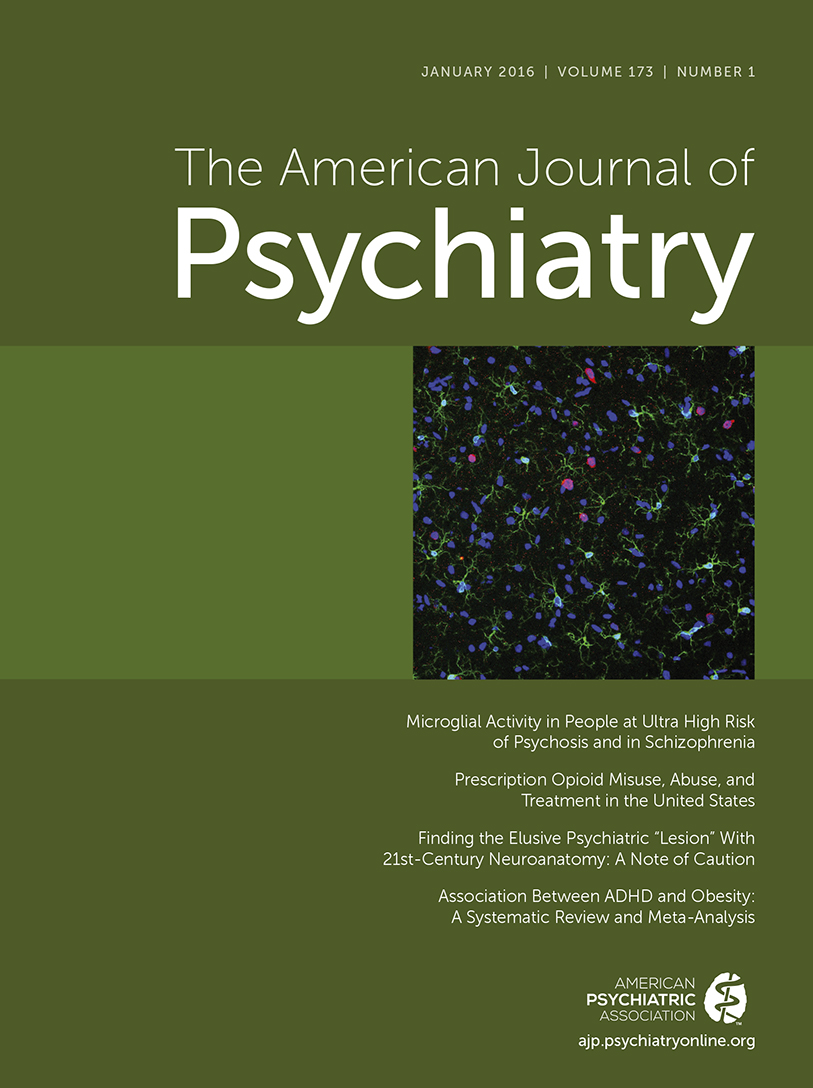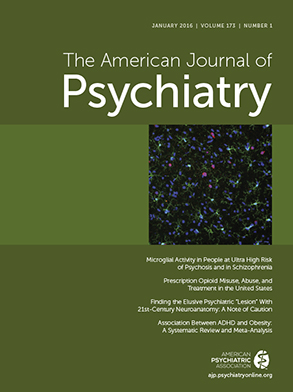The photograph (
Figure 1) shows one of the camps established by churches for displaced Iraqis in Ainkawa, a suburb of Erbil, the capital of Kurdistan. Located in northern Iraq, Kurdistan is an independent region that has received displaced Iraqis from different religions (Christians, Muslims, and Yazidis) since June 2014, when a caliphate was established in Iraqi and Syrian territories occupied by the Islamic State (IS). There are no reliable statistics on the numbers of persons who have been displaced since that date, but it is estimated that the number of Iraqi families that have been installed in Kurdistan is around 145,000, comprising some 872,000 individuals (
1).
These families were forced to leave their cities and villages of origin either because of the numerous violent strikes by IS or in response to different authorities’ instructions. The families were initially received in outdoor spaces such as gardens after arriving on foot or in shelterless caravans—that is, as groups of refugees who traveled together—and then were supplied with tents a few weeks later. Eventually, each family was supplied with its own trailer inside the camp of Mar Elia. However, in many other camps in Kurdistan, families are still living in tents. Some families have managed to rent apartments near the camps, although in order to afford the rent, they have had to live together with two to five families in the same apartment. Several nongovernmental organizations (NGOs) are currently working with the displaced Iraqis, offering help with school reinsertion; social and professional reinsertion; food, clothing, and medication supplies; psychological support; and so on.
It is well known that the risk of developing mental disorders such as major depressive disorder, anxiety disorders, posttraumatic stress disorder, and psychotic disorders is higher among displaced populations compared with that of stable populations (
2–
4). The interaction between the traumatic event precipitating the displacement and the psychosocial adverse factors that result after the displacement are the main reasons for development of mental disorders in these populations (
2–
4). On the psychological level, besides the recent trauma of witnessing conflict-related events, displaced Iraqi families are facing another equally important set of stress factors. In addition to their poverty, displaced families have different cultural, religious, and ethnic backgrounds that make them a minority group facing difficulties in adapting to their new environment.
While one might theoretically consider living outside the displaced-person camps as a step toward adjustment, this is not practically the case for the displaced Iraqis. Living outside the camp means that the displaced family will have less privacy, less income, and less psychosocial support from NGOs that concentrate their efforts inside the camps. As a result, Iraqi families who manage to find a shelter inside the camps have more protective factors from psychological distress. This fact creates a paradoxical flux of family movement toward the camps, which may have the effect of slowing down the social insertion process while families await the unpredictable reverse displacement.
Acknowledgments
The authors thank Father Tony Calleja, assistant regional director of Jesuit Refugee Service in the Middle East and North Africa, for his support and help in the mission of the Department of Psychiatry at Saint Joseph University in Kurdistan.



